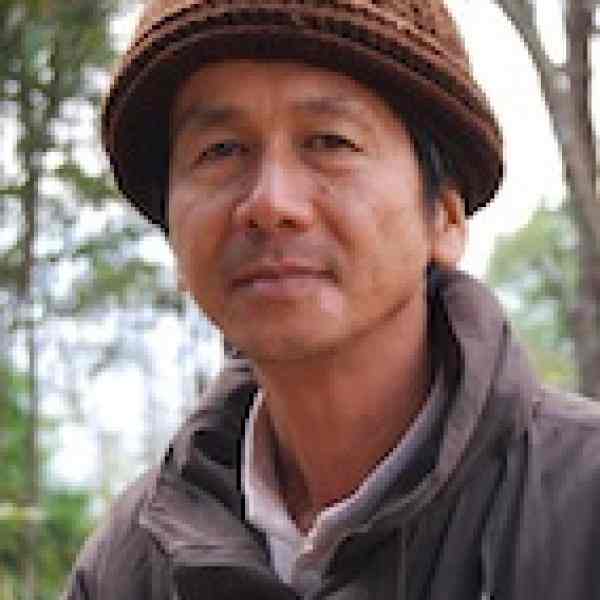Introduction
Sathorn is launching an alternative non-formal education program - called the "Under the Tree School Project" - in southern Thailand which integrates Buddhism, environmental and cultural studies to foster creative thinking and respect for nature among Thailand's youth.
The New Idea
Sathorn Sompong has built an alternative community based education program that focuses on developing the "inner qualities" of children, and encourages them to "think and act freely." His program consists of an educational camp for children, known as Kloom LukYang, run in conjunction with local communities, including monks and naturalists from local parks, and also includes a study center which is designed for individuals to come and study educational, environmental and cultural issues. The non-formal education program which Sathorn has developed includes many components, from student associations, to camping excursions, to occupational training, to study tours and training. Sathorn has arranged to bring young children from villages to participate in nature studies, that includes arts and crafts projects, nature walks, and short and longer term camping among other activities. A cornerstone of the program is outdoor meditation exercises, which allow students to begin a process of reflection on themselves and their environment. The LukYang camp also emphasizes study tours and experiential training in traditional arts and culture, as well as exploring career options for young children, through vocational training and other exercises. The Study Center under development aims to provide vocational training for women and children from throughout the southern region, to host seminars, meetings and conferences on educational issues, and to serve as a resource for cultural studies.
The Problem
Sathorn has launched his alternative education program out of interlocking concern for the deficiencies of the Thai educational system, and it's contribution to massive ecological devastation throughout the country. In his perspective, Thai education does not teach people how to know and understand themselves. The emphasis of Thai education is on vocational training, completely neglecting the more spiritual aspects of a child's development. He points to mental health data which reveal 20% increase in mental health disorders over a three year period for children from ages 6-9. In the region of the Under-The-Tree School Project, over 700,000 rai of land has become deforested, with tremendous environmental consequences, including the extinction of local species and prolonged draught conditions. Sathorn sees the lack of action on the part of local communities as growing out of a general lack of awareness of environmental concerns and the ability to think critically. The Under-The-Tree School Project seeks to teach the next generation to think for themselves, to live simply and to develop an environmental consciousness.
The Strategy
Sathorn realized that the most effective way to reform the educational movement was to engage communities themselves in the process. Rather than focusing on existing state institutions, community led initiatives which brought children together outside of the classroom, would have the greatest chance for success in furthering their development.
In launching the Kloom LukYang camp, Sathorn worked with local communities in structuring the program, and in recruiting participants. He has built strong relationships with local temples, as well as schools and Park Rangers from local National Parks. He has held a number of seminars on educational reform, and continues to be asked to speak by many organizations in Thailand.
More broadly he has formed an executive committee which is building a forum on social and environmental issues at the provincial level. One of the activities has been to encourage local villagers to hold public hearings on the problem of blast mining in the South.
Sathorn recognizes the need to publicize his work more. He is building strong relationships in two provinces with teachers, monks, villagers through additional seminars on and other outreach activities. He is also using newsletters, mobile information exhibitions which travel to other schools, articles in local newspapers to reach a broader audience. Currently several monks are working with him on media outreach.
Funding for the program has come from private donations, including a large land donation for the location of the study center. The project has also undertaken several fundraising activities sponsored by local temples, which have raised significant support for a library and buildings in Phattalung Province at the study center site.
The study center will be the focal point for training others in his alternative education program, and will draw upon the network of child and development agencies with which Sathorn has been working since launching his program.
The Person
An agriculturist by training, Sathorn has lived and worked in the south of Thailand for many years. Prior to his move to the South, Sathorn graduated from Chiang Mai University with a degree in animal husbandry, and spent many years working in the North and Northeast of Thailand on alternative farming programs.
